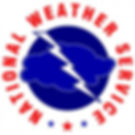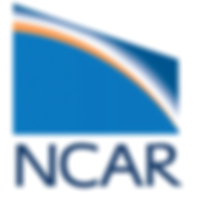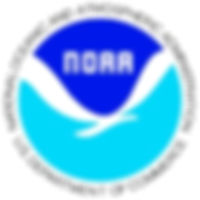
Protect Colorado’s Innovation Engine
Colorado’s 35+ tax-payer funded research labs drive
breakthroughs that power our economy, strengthen our resilience in every major industry, and keep our communities safe.
Your tax-deductible donation fuels CO-LABS’ work
to protect this ecosystem & the people who make it possible.
Why This Matters
These federal labs and institutes contribute $2.6+ billion annually to Colorado's economy & support 17,000 jobs statewide.
From wildfire prediction to quantum computing, from clean energy to public health, Colorado’s federal labs are driving discoveries that touch every life.
But today, this foundation is at risk.
Budget cuts, shutdowns, and staff reductions are threatening decades of investment and the brilliant scientists behind them.
Since 2007, CO-LABS has been the independent advocate for this innovation powerhouse.
Now more than ever, we need your support to help us grow our mission to protect this tax-payer funded research ecosystem and provide an independent voice for science at the local & national levels.
























Your Gift Supports These Solutions
Innovation only matters if it reaches the world beyond the lab. That’s why CO-LABS is building bridges between discovery and impact, by helping Colorado companies put public research to work through our Asset Navigation Program, and keeping brilliant scientists employed here at home through our Talent Retention Program:
A rapid-response network matching displaced researchers and technical staff with Colorado employers. If you're looking for work or looking to hire, click here.
ADVOCACY & OUTREACH
Forging collaborations among lab directors, elected officials, civic leaders and economic development experts.
Our statewide initiative is connecting federal research assets and data with industry to accelerate commercialization and collaboration.
COMMUNITY BUILDING
Since 2017, we have hosted 1,000+ people from all industries at our lab tours, annual award event and other convenings.
Together We Can Maintain
the Integrity of Colorado's
Innovation Engine
Every dollar you give helps keep innovation, jobs, and talent here in Colorado, where discovery drives opportunity for all.
HELP US REACH OUR GOAL OF $250,000



